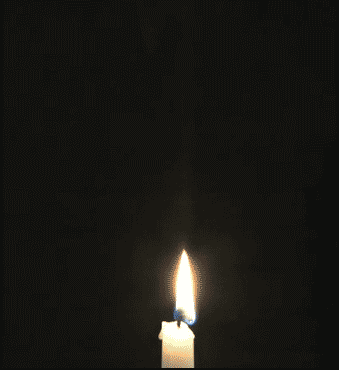Close observers of Eastern Orthodox Christianity were not surprised when the recent World Russian People's Council bluntly rejected "abortion propaganda," efforts to promote LGBTQ+ rights and this age of "sexual licentiousness and debauchery."
It wasn't surprising when that Moscow conference urged the defense of traditional families, "strong with many children," during an era when birth rates are falling.
Then there was this proclamation -- both theological and political -- about the war in Ukraine: "From a spiritual and moral point of view, the special military operation is a Holy War, in which Russia and its people, defending the single spiritual space of Holy Rus, fulfill the mission of Restrainer, protecting the world from the onslaught of globalism and the victory of the West, which has fallen into Satanism."
In response, a World Council of Churches statement noted that Russian Orthodox Patriarch Kirill, only a year ago, stressed that his controversial "Holy War" references were about the "metaphysical realm," not to warfare in Ukraine. WCC General Secretary Jerry Pillay claimed that the Moscow patriarch agreed that armed warfare cannot be "holy."
But the most striking rejection of the "Russian World" document came from the Department for External Church Relations of the Ukrainian Orthodox Church, which for centuries had been linked to the Russian Orthodox Church.
"The Church should care about the proper preaching of the Gospel, which Christ commanded her to do, and not of the formation of geopolitical and geo-spiritual concepts," said its public statement. The "Russian World" text ignored the reality that "Ukraine has her own history, and Ukrainians have the right to their national identity and independence, which we are ready to keep defending. …
"Instead of providing ideological support and justification for Russia's military aggression and intervention in Ukraine, we believe that the Orthodox Church in Russia should have raised her voice against this war. … Calls for the destruction of Ukraine and the justification of a military aggression are inconsistent with the Gospel teaching."
Quoting its leader, Metropolitan Onuphry of Kyiv, the statement stressed: "We do not build any Russian world, we build God's world."










